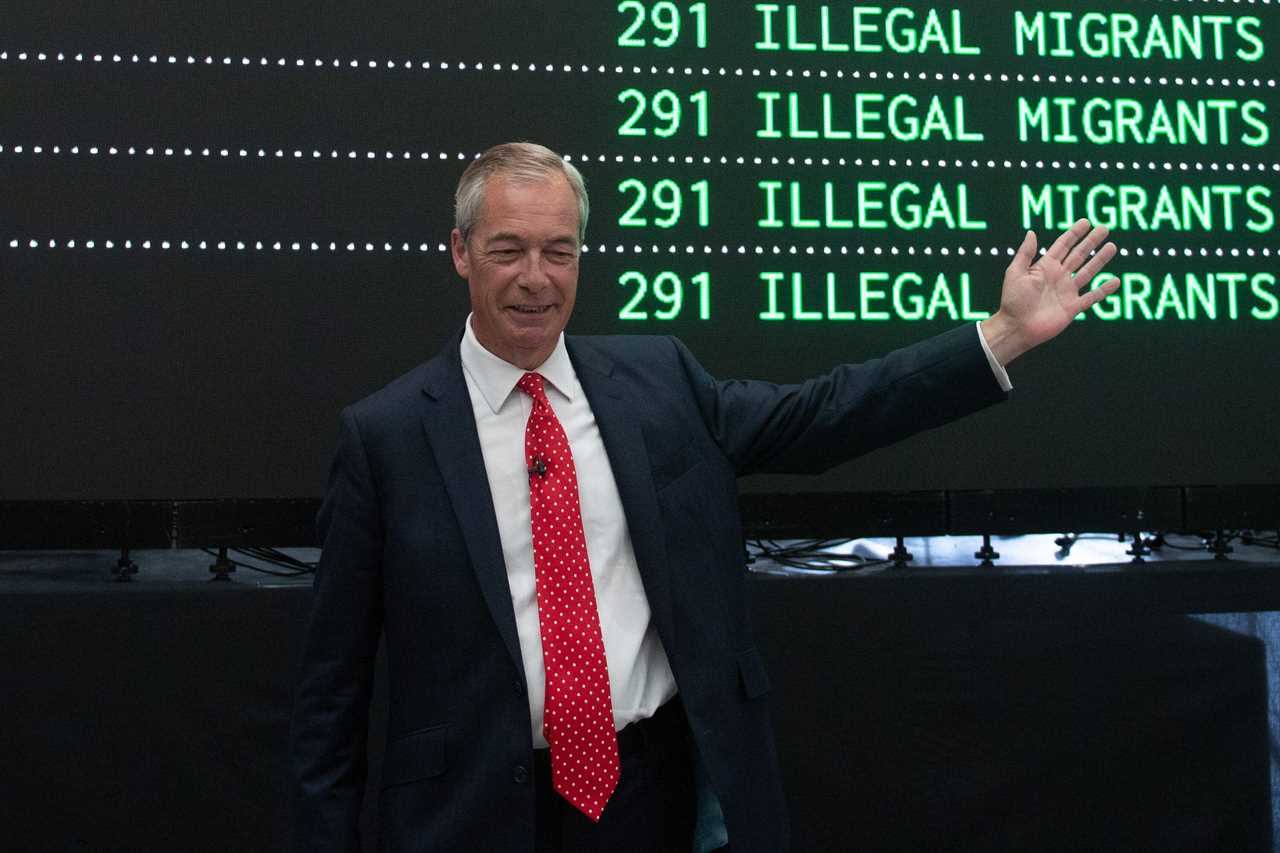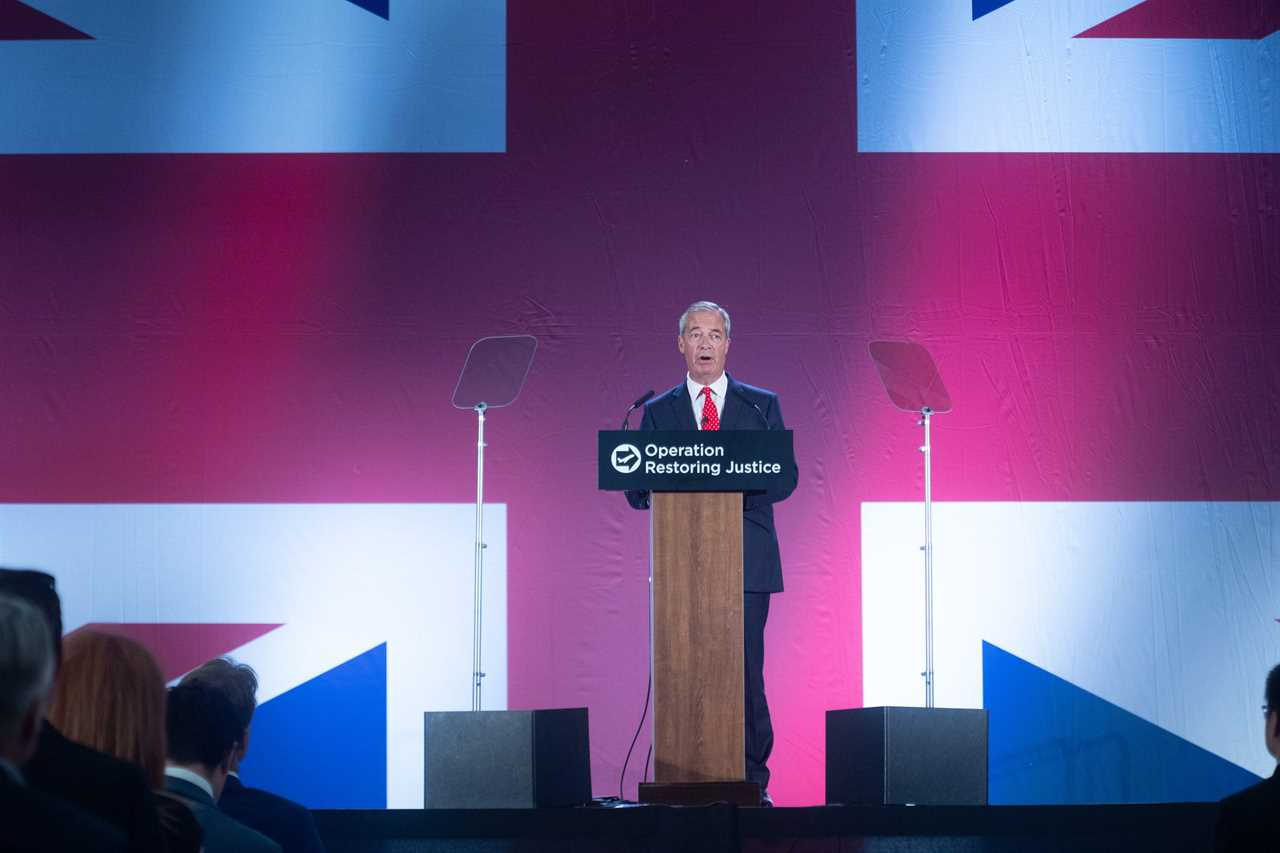
In a complex geopolitical landscape, the Taliban's willingness to engage in a potential migrant returns agreement with Nigel Farage's Reform UK party unveils a moral quandary with far-reaching implications. The offer, framed as aiding Afghan deportees, underscores the ethical intricacies surrounding migration policies, humanitarian responsibilities, and power dynamics in a post-conflict Afghanistan.
The Wider Context: Ethical Dilemmas and Political Realities
At the heart of this proposal lies a delicate balance between addressing the plight of Afghan refugees and the political motivations underpinning such agreements. The Taliban's gesture, while seemingly humanitarian, raises concerns about legitimizing extremist regimes, the conditions awaiting returnees, and the broader implications for international migration governance.
Challenging Assumptions: Migration Policies and Human Rights
The proposed deportation plan by Reform UK, spearheaded by Farage, reflects a hardline stance on immigration, advocating for mass deportations and stringent border control measures. However, the moral implications of such policies, notably the treatment of vulnerable groups like women and children, demand a critical reevaluation of the ethical dimensions of migration enforcement strategies.
Global Perspectives: Migration, Security, and Humanitarianism
Amidst a global refugee crisis and escalating migration challenges, the intersection of security concerns, human rights obligations, and geopolitical interests necessitates a nuanced approach to migration governance. The evolving dynamics between state sovereignty, international cooperation, and ethical imperatives underscore the complexity of addressing migration issues in a fractured world.

Systemic Impact: Historical Legacies and Contemporary Realities
Delving into the historical context of conflict-driven displacement in Afghanistan and the legacy of Western intervention, the proposed deal between the Taliban and UK political figures unveils deeper power structures at play. Understanding the systemic inequalities, human rights abuses, and geopolitical complexities is essential to grasp the multifaceted nature of contemporary migration debates.
As the ethical debate surrounding the potential migrant returns agreement unfolds, it prompts a broader reflection on the intersection of politics, morality, and human rights in shaping migration policies. Balancing security imperatives with humanitarian obligations, navigating power dynamics in post-conflict settings, and upholding ethical standards in migration management are crucial considerations in forging a just and sustainable approach to global migration challenges.
Did you miss our previous article...
https://trendinginthenews.com/uk-politics/addressing-the-small-boat-challenge-strategies-for-migration-management






